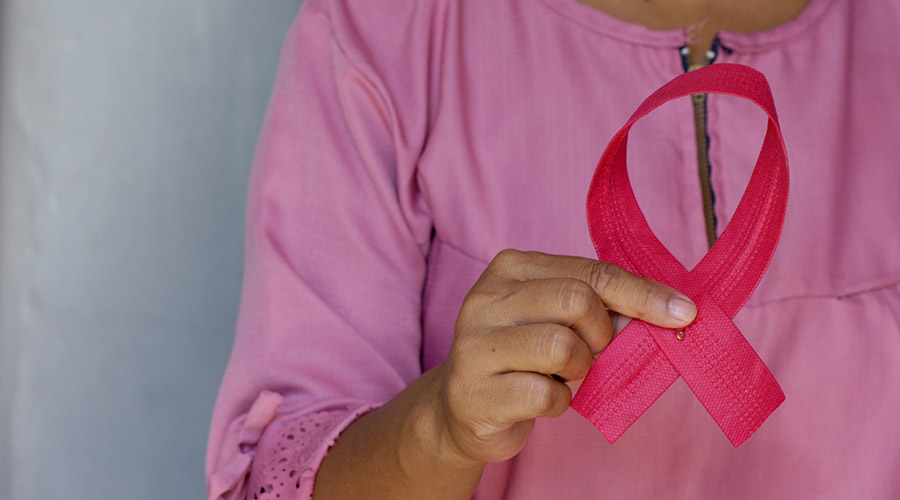Breast cancer is a leading cause of death for women in the U.S. Catching and addressing cancer in the early stages is one of the key ways to prevent unnecessary deaths. However, in some underserved communities, women are less likely to receive the necessary care they require to address the disease head-on. While significant strides have been made in terms of equity for women in general over the past century, health equity is still an area that is falling far behind the mark, especially for women of color. Understanding these disparities can help create solutions to get closer to closing the healthcare gap. Below, disparities in early detection and treatment are addressed, as well as how one organization is working to address racial inequities in healthcare.
Disparities in Breast Cancer Detection and Treatment
There are a variety of factors that play into the incidence rate of breast cancer, including the age at which a woman has her first period, begins menopause, and gives birth to her first child, whether she takes menopausal hormone therapy, the number of children she gives birth to, whether she breastfeeds her children and her body weight. While women of color and white women have almost equal breast cancer incidence rates, Black women continue to face disparities in breast cancer detection and treatment. To better understand the real-life effects of health disparities on women of color suffering from breast cancer, here are some important statistics:
- Black women have a 41% higher death rate from breast cancer than white women due to the lack of early diagnosis and treatment options.
- At least 7.5% of Black women and girls were uninsured in 2021, and without insurance, they are less likely to get breast cancer screenings that would prevent death.
- Women of color often reside in underserved areas, which means they may not have the same access to healthcare and preventative screenings as other women.
Paving the Way for an Equitable Future
It is clear that more progress needs to be made in order to address the health inequities facing women of color. Addressing the issue head-on can start to make a difference for future generations. The Susan G. Komen Foundation is an organization doing just that and paving the way for an equitable future in terms of healthcare for women diagnosed with breast cancer.
This organization’s core mission is to save lives by meeting the most critical needs in our communities and investing in breakthrough research to prevent and cure breast cancer. They provide support to women suffering from breast cancer and help to raise general awareness around the disease. It is the only organization that addresses breast cancer on multiple fronts, such as research, community health, global outreach and public policy initiatives, in order to make the biggest impact to save more women from this disease.
Robert F. Smith and the Susan G. Komen Foundation
Robert F. Smith has been a longtime advocate for supporting the advancement of health equity for women of color. Smith and Fund II Foundation, of which he is the founding director and President, helped create the African American Health Equity Initiative (AAHEI) at the Susan G. Komen Foundation with a $27 million donation in 2016. AAHEI advocates for advancing health equity in breast cancer care and eliminating barriers to care for individuals with breast cancer.
Learn more about Smith and Fund II Foundation’s partnership with the Susan G. Komen Foundation.
